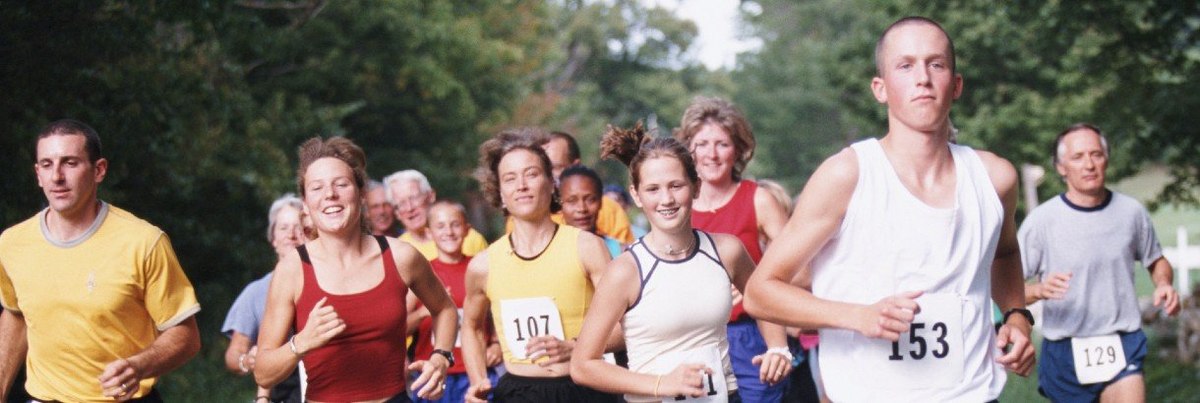The London Marathon has come to be recognised as much as a charity event as an athletic one. The event’s website says it is “the world’s biggest one-day annual fundraising event”. Ahead of the latest edition on Sunday, October 3, we look at data in YouGov Profiles to understand whether marathoners and runners in general are more inclined towards charitable activity, the nature of their charitable exploits and the causes they donate to.
Our data reveals that runners are, in fact, likelier than the general British population to make charitable donations. Seven in ten runners and marathoners, defined in this piece as those who have engaged in running or marathons in the last 12 months, say they are likely to donate to charity in the next three months (71%). Two-thirds of the national population indicate the same (64%).
YouGov Profiles also allows us to explore the nature of charitable activity that different groups of consumers might be inclined towards.
For instance, runners and marathoners are more than twice as likely than the national population to have represented a charity in a sponsored event, including but not limited to marathons and bike rides. Almost two in five runners (37%) say they have represented charities in a sponsored event, whereas that rate drops to 17% of the overall British population.
Some variances also emerge in the charitable causes that runners and marathoners tend to prioritise, which could be particularly useful information for fundraisers.
While health and medicine-related charities have been the top priority for both groups over the last three months, the runners and marathoners’ group is significantly likelier to have made donations towards poverty relief and community-oriented charities.
Interestingly, the runners’ subset tends to prioritise humanist-oriented causes a little more as compared to the national population. They are three percentage points likelier than the general population to contribute to health and medicine, and almost twice as likely to donate to poverty relief. The overall British population attracts higher shares of contributions to causes relating to animals and the environment.
Methodology: YouGov Profiles is based on continuously collected data and rolling surveys, rather than from a single limited questionnaire. Profiles data referenced is based on a sample size of 1,296 to 47,957 people. Online interviews were conducted between September 2020 – September 2021. Profiles data is nationally representative and weighted by age, gender, education, region, and race. Learn more about YouGov Profiles.
Get in touch to learn more about the data YouGov has on consumers’ charitable preferences










